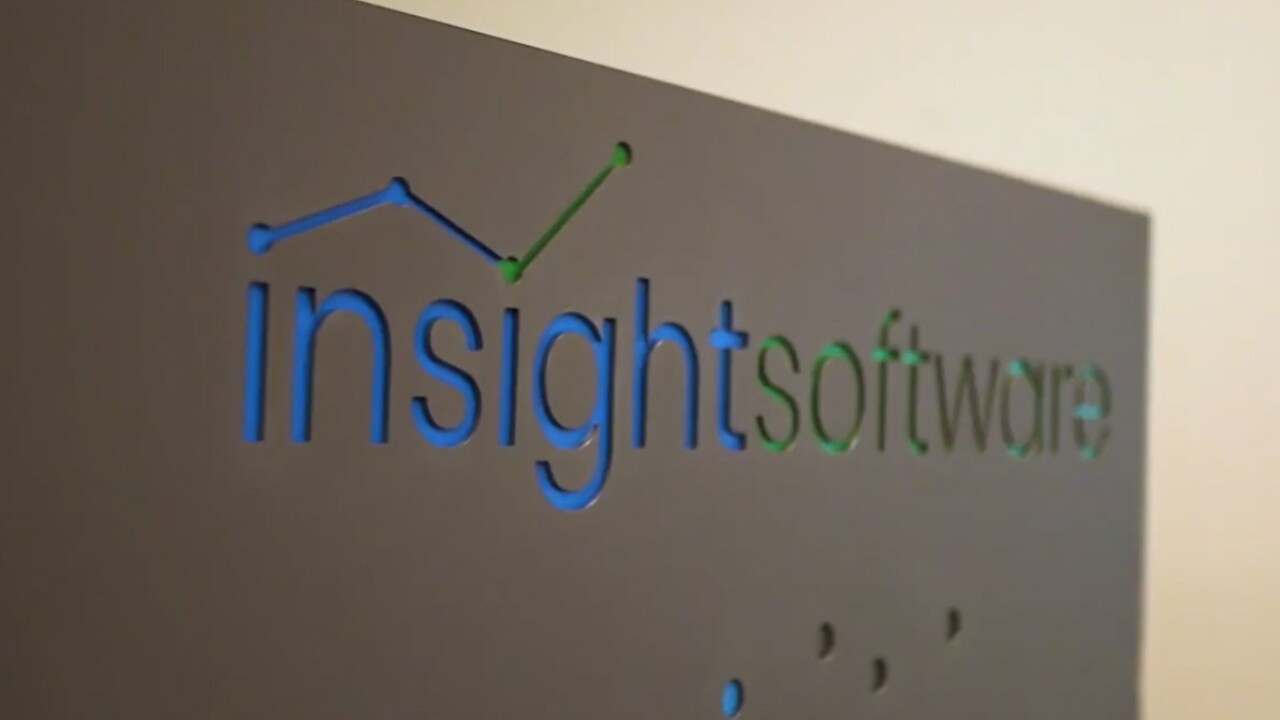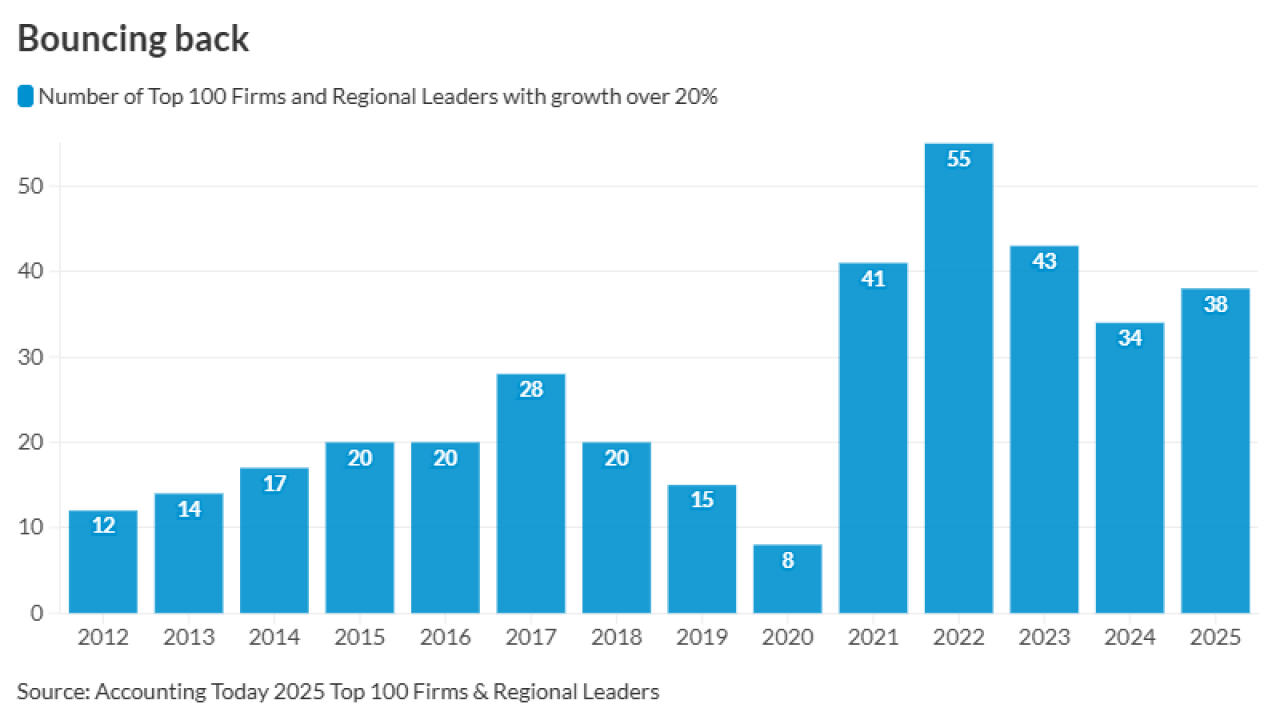The Sustainability Accounting Standards Board has issued
The provisional standards encompass six industries in the
The standards are supposed to help companies disclose sustainability information that is likely to be material. Some of the disclosure topics include operational safety, emergency preparedness and response; mitigation of community and ecological impact, and bio-based products innovation. The standards average five topics per industry, while 69 percent of metrics are quantitative.
“Some industries in this sector—including solar, wind, fuel cells & industrial batteries, and biofuels—are nascent or high-growth industries that are characterized by thin net profit margins and pricing competition, making operational efficiency and resulting cost savings critical,” said SASB CEO Dr. Jean Rogers in a statement. “SASB standards help companies in these industries identify, manage, and disclose the headline issues that are most likely to impact value.”
The working groups that developed SASB’s Renewable Resources & Alternative Energy standards included
"Accurate and standardized reporting metrics are critical not only for benchmarking specific companies within the clean energy sector, but also for understanding where the industry as a whole is heading," said Nathan Serota, solar analyst at Bloomberg New Energy Finance. "Transparency will be paramount as the industry continues to move from niche to mainstream."
SASB standards remain provisional for at least one year after the issuance date for a public comment period, during which SASB conducts cost-benefit analysis and engages in consultation with issuers. To provide feedback, visit the





